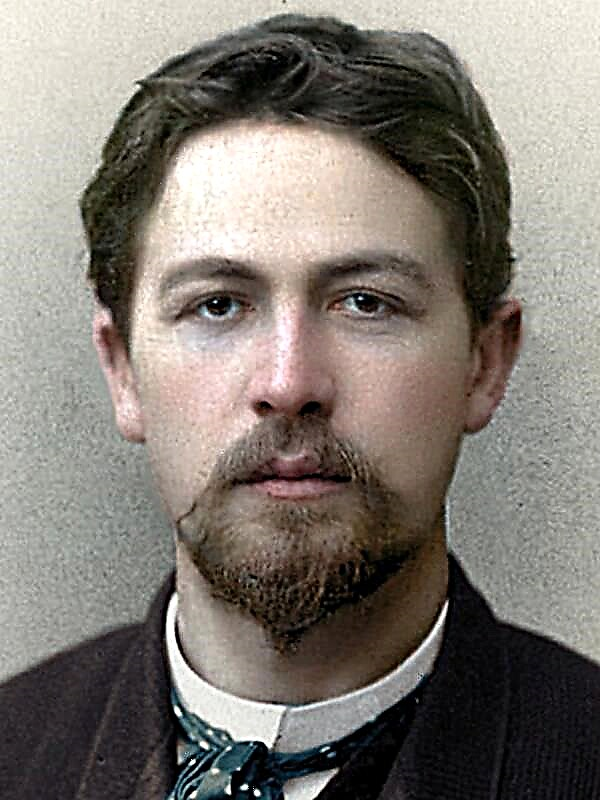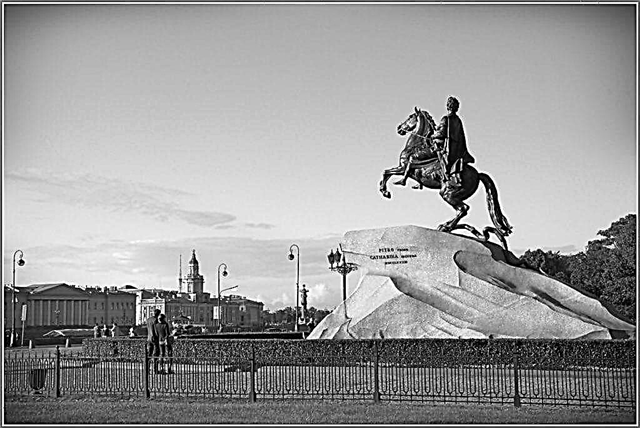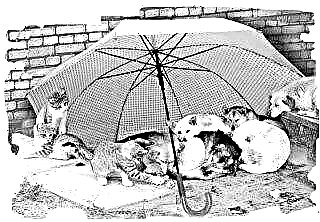A literary journey by its nature is two-pronged: it is both a real journey and a journey of imagination (memories, reasoning, etc.). On the one hand, the material of the novel is the actual journey of officer A. Veltman through Bessarabia, Moldova, Valais, Dobrudja over the years of almost a decade of service, and the Russian-Turkish campaign of 1828. But, on the other hand, the hero’s journey is an imaginary journey on the map : “Take Europe by its ends and lay it on the table”; the author wanders, "without leaving his late sofa."
The reader is not allowed to establish himself on any one point of view: they talk about the map and the couch, but the description of the area, customs, and so on. so detailed that they are inconsistent with the imaginary trip - for example, descriptions of the Gorodishche monastery, carved into the rock above the Dniester, Moldovan dances, birds on a rotten lake near Chisinau, festivities in Iasi (fashionable ladies' dresses, like feasts - a favorite topic for free and emphasized incoherent romantic "chatter"). The author avoids talking about famous sights - he is afraid to be commonplace. According to the general principle of the stylistic “variegation” of the “Wanderer”, the descriptions in it can be poetic (it is especially often described as emphasizing a “low” life - for example, nags dragging a Viennese carriage (chap. 47), conversation (in different languages!) In Bucharest a hotel with servants and merchants (ch. 157), similar to an excerpt from a comedy, or emphasized dry, as a note: "Speaking of the Prut River. Its waves will be born in the Carpathian mountains, die in the Danube. In general, the width of the river is from 5 to 10 "The water from the speed is muddy, but healthy and has the property of mineral fastening waters.
The author is tormented by the consciousness that “everything has already been invented, everything is said, everything is written (ch. 171), therefore it is only possible to shuffle in your own way - as in a kaleidoscope - invented by you by others”. The “Wanderer” is divided into 3 parts, 45 “days”, 325 chapters (examples of the shortest chapters: “CXLI: There is none”; “Do not be angry that you don’t hear the secret of my pen in this chapter. This is a pause. Here is my thought expressed in silence "(Ch. 304); this" fragmentation "allows you to suddenly switch from one topic and intonation to another. In general, Veltman emphasizes in every way the impulsiveness, randomness and even" randomness "of his work, the fundamental incompleteness of the novel (" the title is torn off, there is no beginning " ); the difference between the white-paper and the draft is erased (“it was further erased”; “there was an example here; but I erased half of the example and scraped out the other. I did not like it in my usual way ...”).
In novels, the narrative is often interrupted by false novels; in The Wanderer, the main text, almost completely ironic, is interrupted by dramatic poems written in very pathetic rhythmic prose - a poem about Ovid and the Emperor Augustus (chap. 290) and Escander; Escander is a freedom-loving hero: “I feel stuffy under the sky! <...> and the sky restricts breathing; I would have thrown him off to breathe freely in an infinite space! .. ”; Jupiter himself is blowing the eskander ("Jupiter! <...> and you know the envy <...> of the lucky one! .."); the hero’s love for the demonic maiden is destroying.
In addition, the game journey is interrupted by lyric poems about love; behind the defiantly incoherent chatter of “The Wanderer” hides the second plan of the novel: a dramatic story of the author’s love for a married woman; this story should be restored by the reader bit by bit.
In the third part of the lyrics in poetry and prose, the author’s quite serious reasoning about the meaning of life, happiness and so on. the game beginning is already markedly pushed aside, the “Wanderer” almost turns into a lyrical diary - and suddenly ends abruptly for the reader, at the whim of the author, interrupted almost in a word.


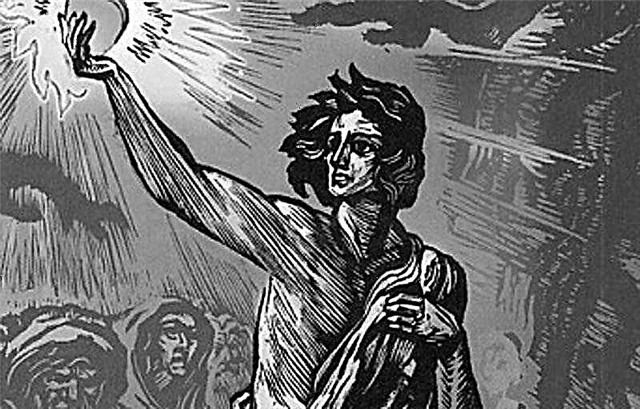
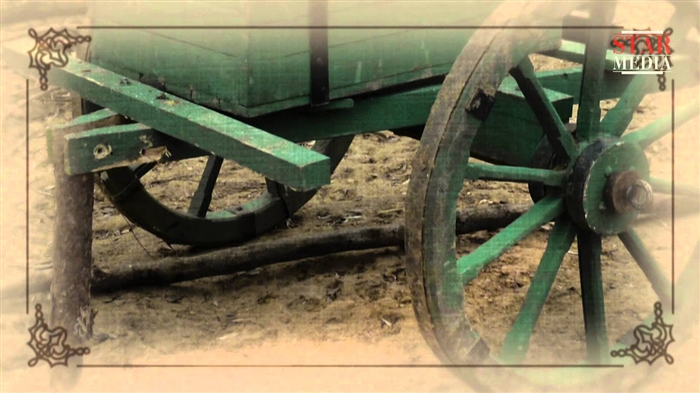 Roslavlev
Roslavlev
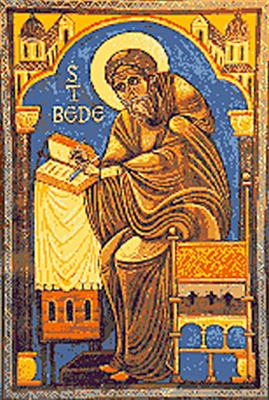

 Family antiquary
Family antiquary
